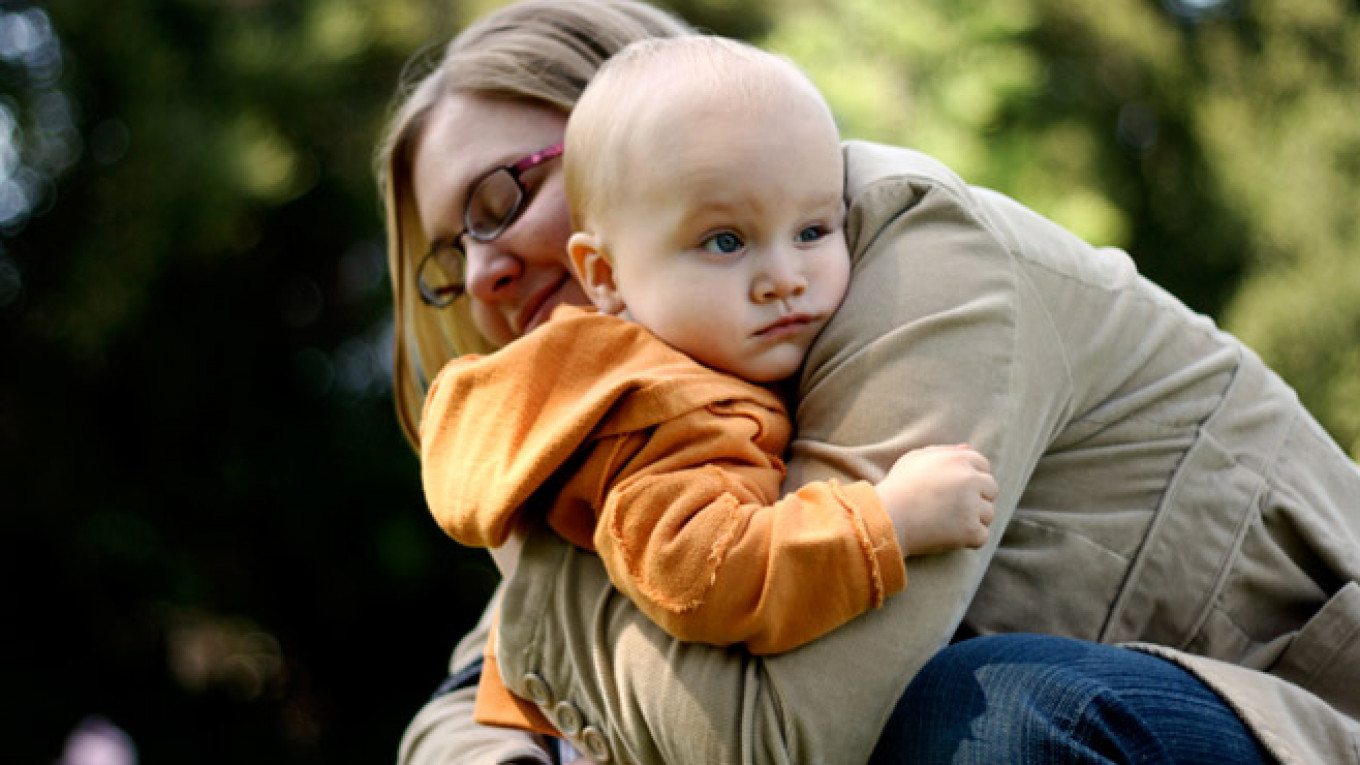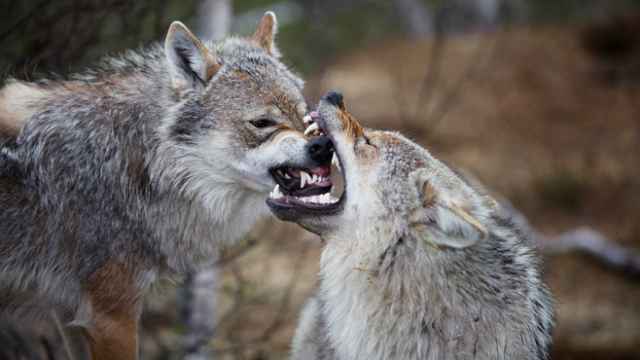The most popular first names in Moscow over the past century and those currently gaining in popularity reveal an inverse dynamic, with several pre-revolutionary favorites making a strong comeback.
Between 1902 and 2007, the five most popular first names among residents of Moscow and the surrounding region were Alexander, Sergei and Vladimir for boys and Tatyana and Yelena for girls.
Those names all peaked in the mid-20th century, followed by slow declines, with only Tatyana making small a resurgence in recent years, according to an infographic recently released by the Mercator media agency.
Conversely, the four most popular names in the last year recorded — Ivan, Anna, Anastasia and Maria — were all popular in the pre-revolutionary era before ebbing mid-century. They've been making a comeback since the end of the Soviet Union.
The reason for the decline of certain names could be rooted in history. Anastasia and Maria were the names of daughters of Russia's last emperor, Tsar Nicholas II. Anna sounds similar to Anastasia, and Ivan was the name of one of Russia's most loathed rulers, Ivan the Terrible.
Alexander, one of the Soviet Union's most popular names, was also the name of a tsar: Alexander the Liberator, best known for emancipating the serfs in the 1860s.
But some names that were very popular during the late tsarist era — Praskovya, Klavdia — fell off the list around the 1940s. Varvara, which was popular in the tsarist era but fell off the list in the late 1930s, shot back up in the 1990s. It was at No. 28 and rising in 2007.
The name Lada — after a Slavic deity of merriment, youth and beauty — became somewhat popular in 1968 when the Soviet Union began production of a car by the same name. The name debuted on the top-100 list at No. 70, then declined to No. 76 a year later before falling off the chart.
Ninel, a girl's name that is actually "Lenin" spelled backwards, debuted on the chart at No. 66 in 1924, the year that Soviet state-founder Vladimir Lenin died. Ninel slid off the list in the mid-1930s. The similarly themed Vladlen, a boy's name made from the first syllables of "Vladimir Lenin," didn't make the list.
Vladimir, the origin of which is related to the Russian words for "to rule" (владеть) and "peace" or "world" (мир), was the second most popular name in 1952 when current President Vladimir Putin was born.
Anastasia, the name of a famous daughter of Russia's last emperor, Tsar Nicholas II, is making a comeback. Fittingly, the name is related to the Greek word for "resurrection."
The study, published last month, was based on the first names of 21 million residents of Moscow and the Moscow region, according to data collected in the 1990s and 2000s.
Contact the author at p.spinella@imedia.ru
A Message from The Moscow Times:
Dear readers,
We are facing unprecedented challenges. Russia's Prosecutor General's Office has designated The Moscow Times as an "undesirable" organization, criminalizing our work and putting our staff at risk of prosecution. This follows our earlier unjust labeling as a "foreign agent."
These actions are direct attempts to silence independent journalism in Russia. The authorities claim our work "discredits the decisions of the Russian leadership." We see things differently: we strive to provide accurate, unbiased reporting on Russia.
We, the journalists of The Moscow Times, refuse to be silenced. But to continue our work, we need your help.
Your support, no matter how small, makes a world of difference. If you can, please support us monthly starting from just $2. It's quick to set up, and every contribution makes a significant impact.
By supporting The Moscow Times, you're defending open, independent journalism in the face of repression. Thank you for standing with us.
Remind me later.






